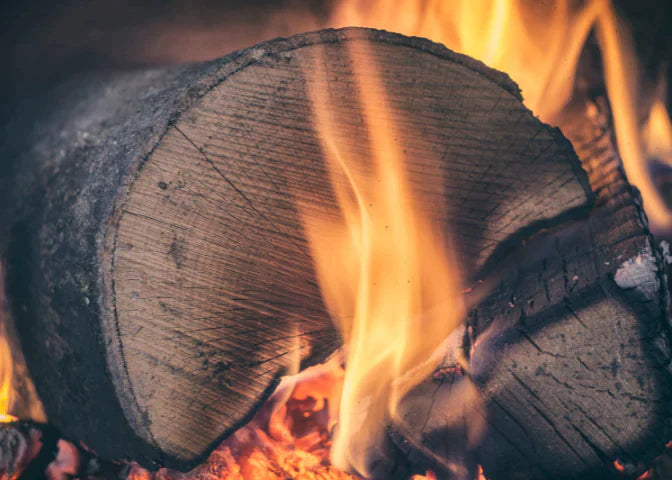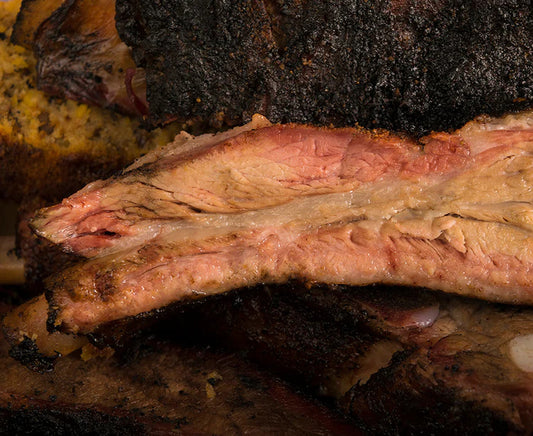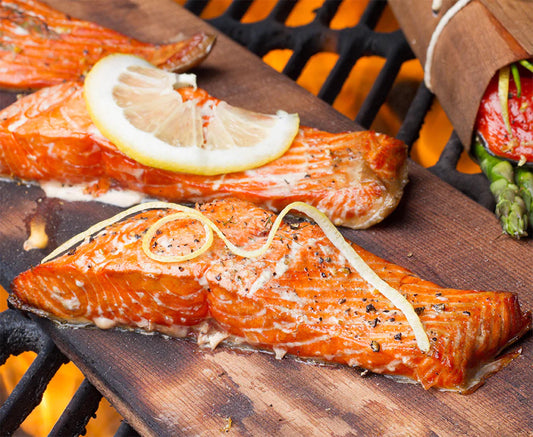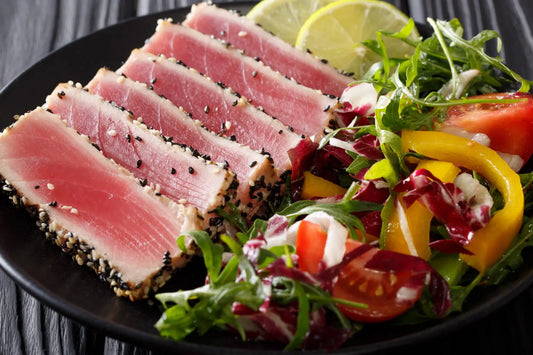Food smoking is a fun experience for every barbeque lover, but there can be a learning curve when you are just getting started. There are some common mistakes that new outdoor smokers make just because they are not aware of the nitty-gritty of food smoking. Of course, you cannot be a pitmaster in your first attempt at food smoking, but at least you can avoid it turning into a disaster. And when it comes to food smoking, remember that it’s an art perfected only through experience and practice.
For all those beginners at food smoking who want to fire up their food smoker confidently for a barbeque party, this guide can help. Here we will discuss 5 common mistakes that beginners at food smoking make, along with some practical tips to avoid them. So let’s get started.
5 Common Mistakes of New Food Smokers
There are several mistakes that a beginner to food smoking can make. We have picked only 5 common ones that can honestly save your barbeque party if you follow them.
1. Using a poor quality food smoker
Your food smoker can be real trouble if you don’t know how to operate it. Most offset food smokers have no features to control the heat and maintain the temperature inside, so not the best option for beginners. This is why we recommend you start with a quality electric smoker that can perform food smoking tasks with some supervision according to the preset program.
Tip: With modern food smokers like the Bradley Smoker, food smoking can be a fun experience even for beginners. You can preset the time and temperature to get the perfect result. The auto feeder keeps the smoker working for uo to 9 hours with minimum supervision.

2. Considering all woods the same
Woods come in different forms like logs, chunks, pellets, and compressed wood chips. Also, they generate different types of flavor based on what type of wood is used, like pecan, apple, cherry, or oak. Amateurs at food smoking often consider all wood the same, and this is where they go wrong with the heat and flavoring part. Logs generate more heat than pellets. A certain wood flavor may not complement the cut of meat you are smoking. It can lead to an awful-tasting steak that is either over charred or undercooked.
Tip: One of the most important things to consider is using the wood as source for both heat for cooking and to generate smoke and how that changes the flavor. Experienced pitmasters and smoked food lovers can clearly notice a more acidic and foul taste coming from cooking from charcoal, for you to make a clear choice here is one article to learn more about Food Smoking Versus Cooking Food with Wood and how it impacts you choosing a smoker.
3. Not maintaining a consistent temperature
Low and slow is the golden phrase for food smoking. Beginners at food smoking often make the mistake of increasing the temperature to cook the food faster. They also often don’t even check frequently that they are maintaining a consistent temperature. This can result in overcooked or undercooked food that lacks smoky flavor and tenderness.
Tip: Maintain a consistent temperature inside the smoke chamber and never hurry the process. Remember that the meat needs to absorb all the smoky flavor while it cooks. This will give you perfectly seared, intensely smoky flavored succulent steaks.

4. Blindly following the recipe
Yes, a recipe is necessary to pull off a perfectly smoked steak, but it’s not the be-all and end-all. Most beginners blindly trust the recipe without checking the meat themselves. For instance, if the recipe says that a certain steak will be cooked in 6 hours, this means you will sit around for 6 hours without checking the meat. The quality of the meat can differ as well as the ability of the food smoker. With your smoker, the time could be a little less or more than 6 hours.
Tip: Use a meat thermometer to check the doneness. Penetrate the thickest central part of the meat with the tip of the thermometer. Now check the reading. If the temperature reads at least 5 degrees below the required temperature, you can remove the meat and let it cook in the residual heat to get the desired doneness.
5. Not being patient
Food smoking is a game of patience, and that’s where the magic lies. Beginners at food smoking are impatient to see the result. While it’s understandable considering the excitement of the first barbeque session, that can lead to you making mistakes. Hurrying the cooking or even serving before resting the meat can ruin all your hard work.
Tip: Let the meat rest for a while before serving it. As the protein in the meat breaks down in the heat, juices leak out. Resting the meat after smoking will allow it to reabsorb all the juices, turning it into a more succulent, tender, and flavorful cut of meat.
As we mentioned earlier, food smoking is an art, and experience makes all the difference. However, you can apply these Bradley tips & tricks to avoid some common mistakes and come out as a promising pitmaster.
Check out a few more articles on food smokers below:
How to Use Your Food Smoker As an Oven
Best Ways of Cleaning Your Grill And Food Smoker
How To Get Better Smoke From Your Food Smoker
For more great ideas on how to get the most out of your Bradley Smoker, check out the awesome articles on our Bradley Smoker Food Smoking Blog for more tips & tricks.




